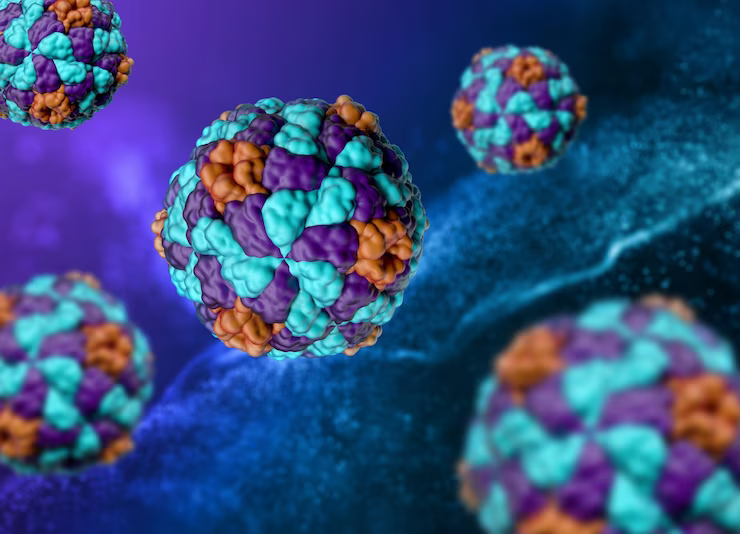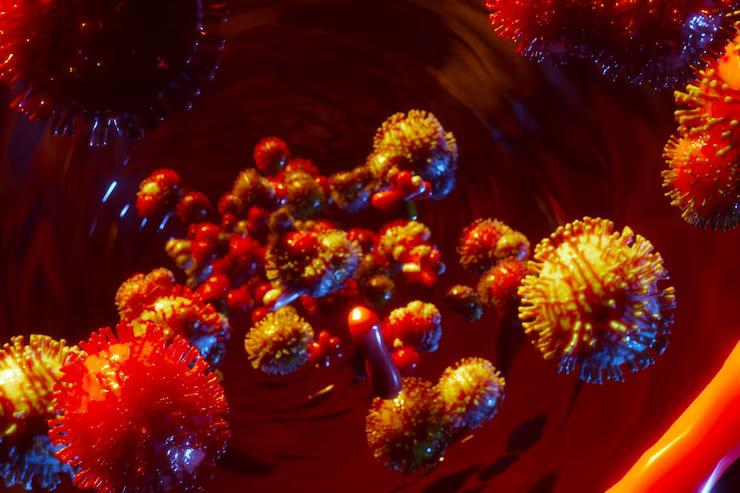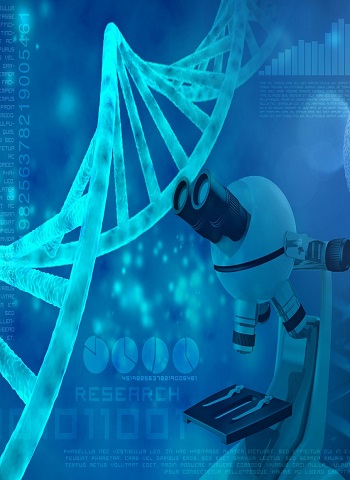In the ever-evolving medical advancements, immunotherapy has emerged as a promising avenue for cancer treatment. One of the cornerstones of immunotherapy is the utilization of antibodies. These are the remarkable molecules our immune system produces to combat foreign invaders.
In this blog post, we delve into antibodies’ intricate role in immunotherapy and their significant impact on cancer treatment.
Understanding Antibodies: The Guardians of Immunity
Antibodies, also known as immunoglobulins, are Y-shaped proteins manufactured by B cells, a type of white blood cell. Their primary mission is to identify and neutralize harmful agents such as bacteria, viruses, and other foreign substances. In the context of immunotherapy, scientists have harnessed the unique ability of antibodies to target cancer cells specifically.
In the intricate tapestry of our immune system, antibodies emerge as the brave defenders, tirelessly safeguarding our body against invaders.
These remarkable molecules, also known as immunoglobulins, are essential in maintaining our health and well-being. In this exploration, we will unravel the captivating world of antibodies, understanding their structure, function, and crucial role in bolstering our immunity.
At the heart of every antibody’s design lies a unique structure resembling the letter “Y.” This Y-shaped configuration is crafted through a harmonious interplay of proteins, forming two arms that hold the key to the antibody’s remarkable specificity. Each component possesses a variable region, aptly named for its ability to adapt and bind to specific molecules, known as antigens. This exquisite design enables antibodies to discern between harmless substances and potential threats, marking the inception of their protective role.
The Function of Antibodies: A Multifaceted Defense Strategy
Antibodies are the immune system’s versatile soldiers, executing many functions to safeguard our body. Their primary objective is to neutralize harmful substances by binding to antigens, effectively rendering them harmless. By doing so, antibodies prevent these antigens from wreaking havoc within our system and facilitate their elimination by other immune cells.
The Guardians of Immunity: Antibodies Unveiled
Antibodies, the molecular warriors colloquially known as immunoglobulins, are the frontline guardians of our body’s defense. Forged within the depths of specialized white blood cells known as B cells, these antibodies sport a distinctive Y-shaped structure. Their mission? Identifying and neutralizing foreign intruders like viruses, bacteria, and even rogue cells. As we delve deeper into immunotherapy, we focus on how these remarkable molecules are ingeniously repurposed to tackle cancer cells’ relentless challenge.

Antibody-Based Immunotherapy: The Mechanism Explored
The intricate tapestry of antibody-based immunotherapy weaves a tale of scientific marvel. This approach hinges on engineering antibodies to selectively target and attach to specific molecules dotting the surface of cancer cells. Within this narrative, two protagonists emerge monoclonal antibodies and checkpoint inhibitors.
Monoclonal Antibodies: Precision Refined
Like artists in the molecular gallery, monoclonal antibodies are intricately designed in laboratories. Their task? Mirroring the body’s natural defenses, these antibodies lock onto proteins unique to cancer cells, acting as sentinels to halt their insidious progress. Through this tailored embrace, monoclonal antibodies halt the cancer cell’s escape route, allowing the immune system to marshal its forces and obliterate the threat. A remarkable feat lies in their ability to serve as couriers, ferrying potent payloads directly into the heart of cancer cells, magnifying the impact.
Checkpoint Inhibitors: Unleashing Immune Vigilance
Stepping onto the stage are checkpoint inhibitors, a marvel within the realm of immunotherapy. These molecules aim at the molecular brakes that keep immune and cancer cells in check. In the intricate dance of cancer evasion, these checkpoints often serve as a shield for malignant cells. Immunotherapy rekindles the immune system’s dormant prowess by orchestrating a strategic inhibition of these checkpoints, enabling it to recognize and combat cancer cells with renewed vigor.
Elevating Cancer Treatment: Antibodies as Catalysts
Integrating antibodies into cancer treatment strategies has revolutionized the foundation of patient care. This new dawn offers many advantages:
- Precision akin to an artist’s brushstroke
- Reduced undesirable side effects
- The era of bespoke therapeutic approaches
Personalized Precision: Tailoring Antibodies for Triumph
Antibody-based immunotherapy embarks on a personalized odyssey, adapting to each patient’s cancer’s unique genetic makeup and distinct characteristics. This tailored voyage amplifies the chances of success while minimizing potential side effects, ushering in an era where cancer treatment is customized, not standardized.
Synergistic Symphony: The Power of Combination Therapies
As the symphony of medical ingenuity crescendos, researchers explore the harmonious symphony of blending antibody-based immunotherapy with conventional treatments like chemotherapy and radiation. This collaboration orchestrates a holistic approach, not merely eradicating existing tumors but composing a triumphant finale by thwarting the resurgence of cancer cells.
Conclusion: Forging Ahead
In the grand tapestry of medical evolution, the role of antibodies in immunotherapy and cancer treatment emerges as an awe-inspiring revelation. The dance of precision targeting, immune reawakening, and personalized care crafts a narrative of aspiration and healing. As we journey forward, it’s undeniable that antibodies stand as steadfast companions in our pursuit of conquering cancer. The strides in immunotherapy echo their resounding dedication, holding the promise of a future where cancer bows to the might of innovation, resilience, and victory.


